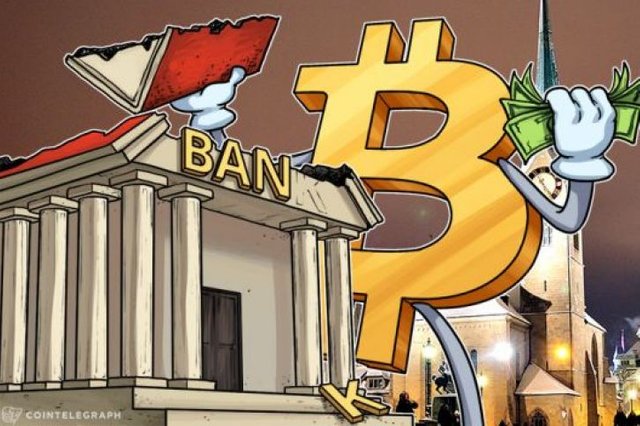Mario Draghi: European Central Bank Has 'No Power' to Regulate Bitcoin
The European Central Bank President Mario Draghi said the institution does not have the authority to issue cryptographic money.
Draghi, who made the statements to the European Parliament's Economic and Fiscal Commission, said: "It would not be our wish to regulate or ban Bitcoin and other digital money."

Brought to the agenda by the Commission; The debate over whether the European Central Bank would not declare a regulatory system, completely prohibit or prohibit cryptographic money, or whether Draghi considered more obligations to financial technology companies in order to protect the banking sector was highly controversial.
According to Draghi's accounts, the European Central Bank has yet to negotiate the potential effects of cryptic money. In addition, crypto money within the scope of the explanation; the volume of transactions, the ever-increasing use, and the economic impacts of the economy.
Draghi noted that the crypto money was not sufficiently developed to be considered as a viable payment method: "We have to consider what the economic effect of crypto money is."
Moreover, Draghi pointed out that the bank's crypto-currency and its main concern about technological developments in this direction were cyber security. He added that the defense against the attack is on the agenda of the bank.
Earlier this month, Draghi also criticized the project that Estonia had designed to move into a new national crypto money market under the name of "estcoin". Draghi's statements on this subject are as follows:
"I would like to say about the decision of Estonia that no EU country can bring its own currency to the forefront. The currency of the EU region is the euro. "
On the other hand, Draghi seems not to be the only official to comment on crypto money in the recent past.
During the past week, the Vice President of the Central Bank, Vitor Constancio, noted that crypto money is a completely speculative gain. He also likened this to a commercial explosion hadith in the 17th century Holland, also known as the "Tulip Madness". However, Constancio noted that the European Central Bank did not consider the technology "a threat to its banking policy."
very good news